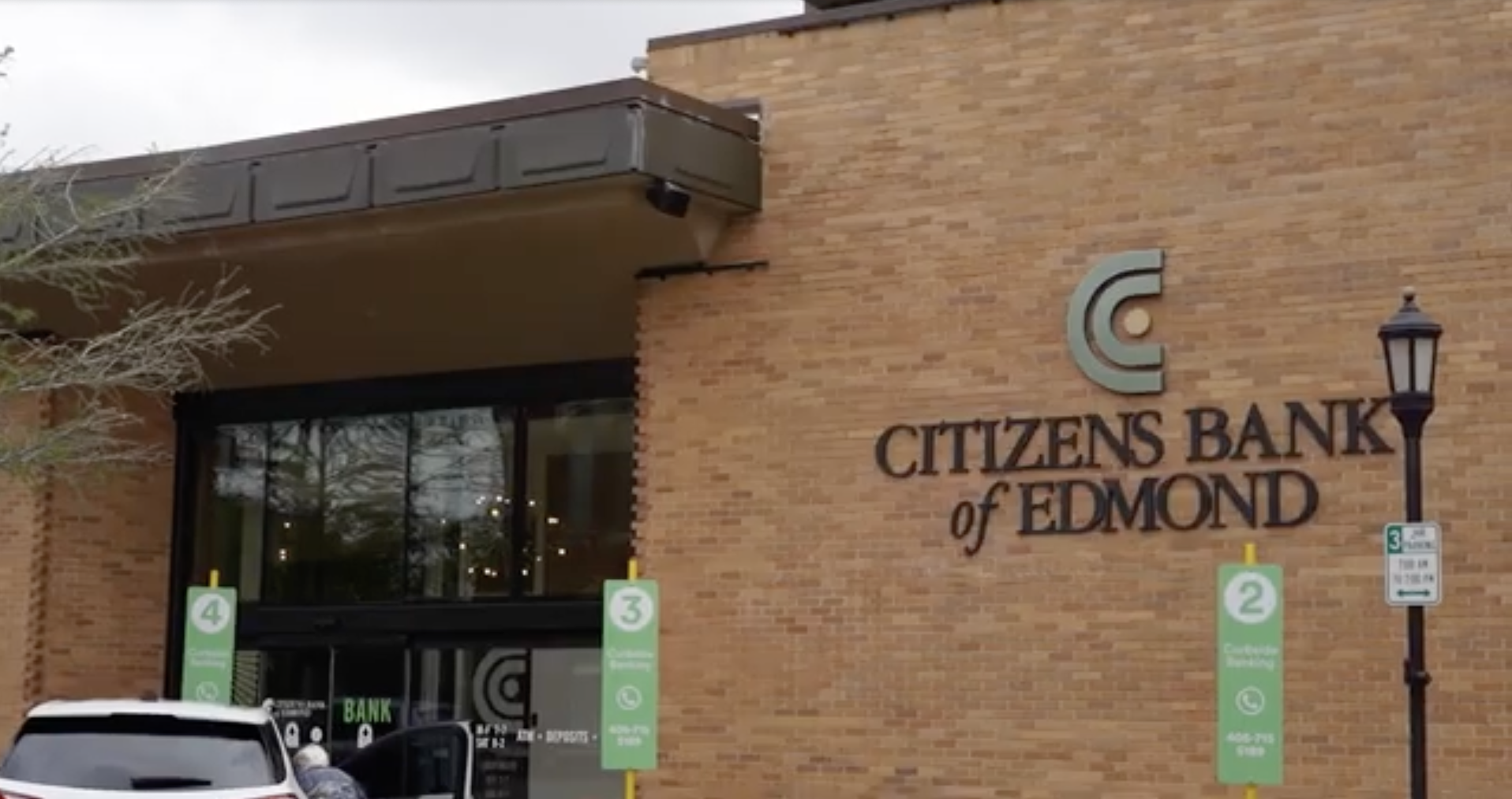
- Thought Machine has partnered with SME lending solutions provider Cordada.
- Cordada will use the product library of Thought Machine’s Vault Core to offer customized products to SME lenders and fintechs.
- Today’s tie-up, along with a recent partnership with C6 Bank in Brazil, strengthens Thought Machine’s presence in Latin America.
Core banking technology provider Thought Machine announced this week it is partnering with Chile-based Cordada.
Under the partnership, Cordada will use Thought Machine’s core banking platform, Vault Core, to offer Latin American SME lenders and fintechs access to personalized financial tools. More specifically, Cordada will modify and tailor products in Thought Machine’s global product library that contains pre-built, ready-to-use smart contracts. This customization will enable Cordada to offer localized products to its customer base while supporting multi-currency assets.
“Vault Core will enable us to create highly differentiated financing products quickly and effortlessly without depending on the Thought Machine team,” said Cordada Cofounder and CEO Andrés Prats. “This, in turn, will empower the next generation of SME lenders to develop modern solutions as they tackle the great challenge of bridging the $1 trillion financing gap for SMEs in Latin America.”
Cordada, which currently has partnerships in Chile, Peru, and Mexico, will also use Vault Core to expand its services into new Latin American markets. Since it was founded in 2019, Cordada has deployed $3 billion in capital to lenders via 60 lenders and fintechs, ultimately impacting 5,500 SMEs across Latin America.
U.K.-based Thought Machine has raised $563 million in funding since it was founded in 2014. The company offers two main products: Vault Core, a tool that leverages smart contracts to help organizations design and build new financial products; and Vault Payments, a payments processing platform that enables banks to run all payment types for different payment methods, schemes, and regions across the globe.
Among Thought Machine’s clients are Lloyds Banking Group, Standard Chartered Bank, Intesa Sanpaolo, and Curve. Today’s partnership further fuels the company’s presence in the Latin American region, following a recent partnership with C6 Bank in Brazil.















